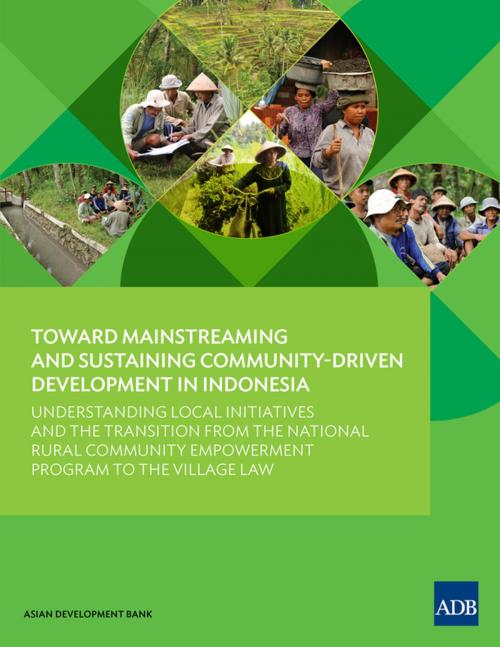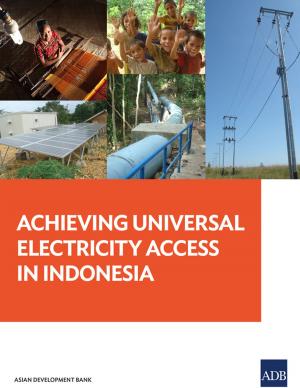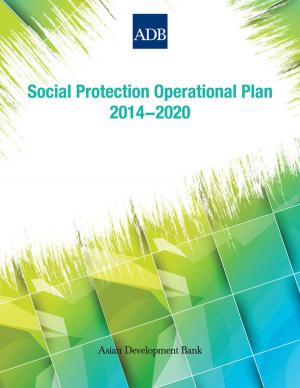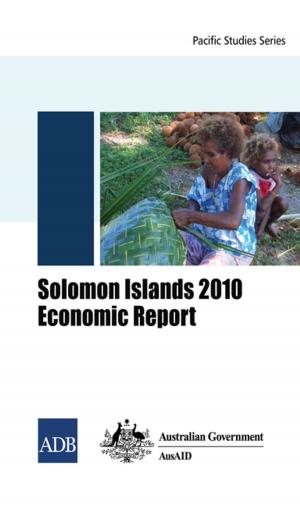Toward Mainstreaming and Sustaining Community-Driven Development in Indonesia
Understanding Local Initiatives and the Transition from the National Rural Community Empowerment Program to the Village Law
Nonfiction, Reference & Language, Law, Urban State & Local Government, Social & Cultural Studies, Political Science, Government, Public Policy| Author: | Asian Development Bank | ISBN: | 9789292573171 |
| Publisher: | Asian Development Bank | Publication: | January 1, 2016 |
| Imprint: | Asian Development Bank | Language: | English |
| Author: | Asian Development Bank |
| ISBN: | 9789292573171 |
| Publisher: | Asian Development Bank |
| Publication: | January 1, 2016 |
| Imprint: | Asian Development Bank |
| Language: | English |
Indonesia has adopted community-driven development as a major strategy for poverty reduction, and replicated the approach nationwide through a number of programs. Over the past few years, the country has formulated a road map for sustaining the systems, procedures, and benefits of community-driven development. Through case studies, the study examines the ongoing transition from the government's long-standing National Community Empowerment Program to mainstreaming through the government's regular planning and budget allocation system through the Village Law, which was enacted in early 2014. The study summarizes important lessons learned and policy implications from the first year of Village Law implementation.
Indonesia has adopted community-driven development as a major strategy for poverty reduction, and replicated the approach nationwide through a number of programs. Over the past few years, the country has formulated a road map for sustaining the systems, procedures, and benefits of community-driven development. Through case studies, the study examines the ongoing transition from the government's long-standing National Community Empowerment Program to mainstreaming through the government's regular planning and budget allocation system through the Village Law, which was enacted in early 2014. The study summarizes important lessons learned and policy implications from the first year of Village Law implementation.















